The Open Spaces Society, Britain’s oldest national conservation body, has congratulated its member, Brockdish Parish Council in south Norfolk, for restoring a lost common to the common-land register.
The council showed that an area of land on the south-west side of Common Lane had been wrongly omitted from the common-land register when the adjoining common was registered as CL125 in 1968 under the Commons Registration Act 1965. The mistake was made because of the lack of clarity on the plan which accompanied the original application for Brockdish Common, so only part of the land was registered.
There was no provision to correct mistakes in the registers until part 1 of the Commons Act 2006 came into effect in England in 2015. Brockdish Parish Council seized this opportunity to restore the forgotten 0.6 acres of common land. The total area of the common is now 3.72 acres.
Says Councillor Derek Clark of Brockdish Parish Council: ‘When the parish council started to turn its mind to improving the condition of Brockdish Common we found two stumbling-blocks. Only half the common was registered and, because there is no owner, the parish council was not authorised to use public money on its management.
‘It took time to get the commons register changed to recognise its full extent. Norfolk County Council, the commons registration authority, was helpful. The root of the problem was the poor submission when the common was first registered. The map stopped halfway down the common, so that is where they drew the boundary. There was a scribbled note on the map saying “to the river” and Norfolk County Council accepted this as an intention to register a bigger area. We were also able to point out that the acreage specified in the schedule was much larger than the area shown on the map.
‘Of prime importance though was our ability to get a number of elderly residents to sign a statement confirming that they had always known the common to extend to the River Waveney, and that they had played there as children and known the area to be grazed.
‘On the issue of establishing some authority for the parish council to carry out management, we are indebted to the Open Spaces Society for its helpful advice. We are currently negotiating with South Norfolk District Council to establish a scheme of regulation, which can be delegated to the parish council to implement.
‘We hope soon to be able to get on with improving an overgrown and unmanaged area for the benefit of the community. A useful start is being made by a teenager in the village who, in memory of his grandfather, is making a solid oak seat so that we can sit and enjoy the common.’
Adds Kate Ashbrook, general secretary of the Open Spaces Society: ‘Brockdish Parish Council has set a fine example to others with its successful application to restore this common to the register. This means that the land is protected and also that the public has the right to walk here.
‘We urge parish councils throughout England and Wales to investigate whether they can rescue any lost commons which were omitted from the register through an administrative error.’
The Open Spaces Society was founded in 1865 and is Britain’s oldest national conservation body. It campaigns to protect common land, village greens, open spaces and public paths, and people’s right to enjoy them.
Common land is land subject to rights of common, to graze animals or collect wood for instance, or waste land of the manor not subject to rights. The public has the right to walk on all commons, and to ride on many. All commons had to be registered between 1967 and 1970, under the Commons Registration Act 1965. Any commons which were not registered then ceased to be common land. The Commons Act 2006 section 19 allows for the correction of administrative errors and Brockdish Parish Council applied under this section on the grounds that Norfolk County Council, the commons registration authority, had erroneously registered insufficient land.

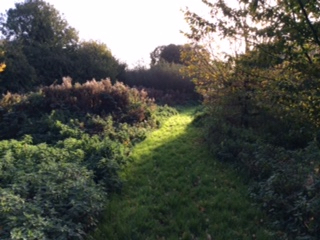
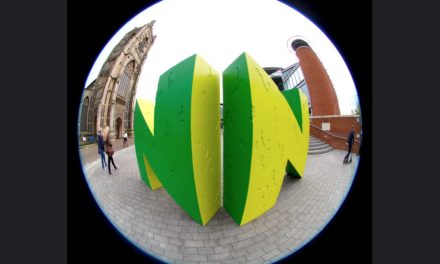
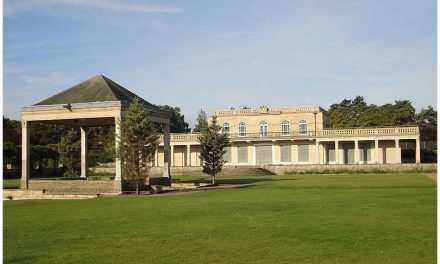
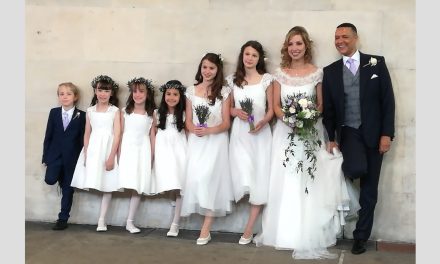
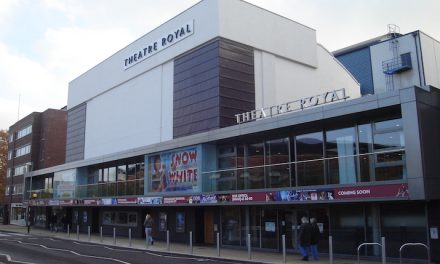
Recent Comments